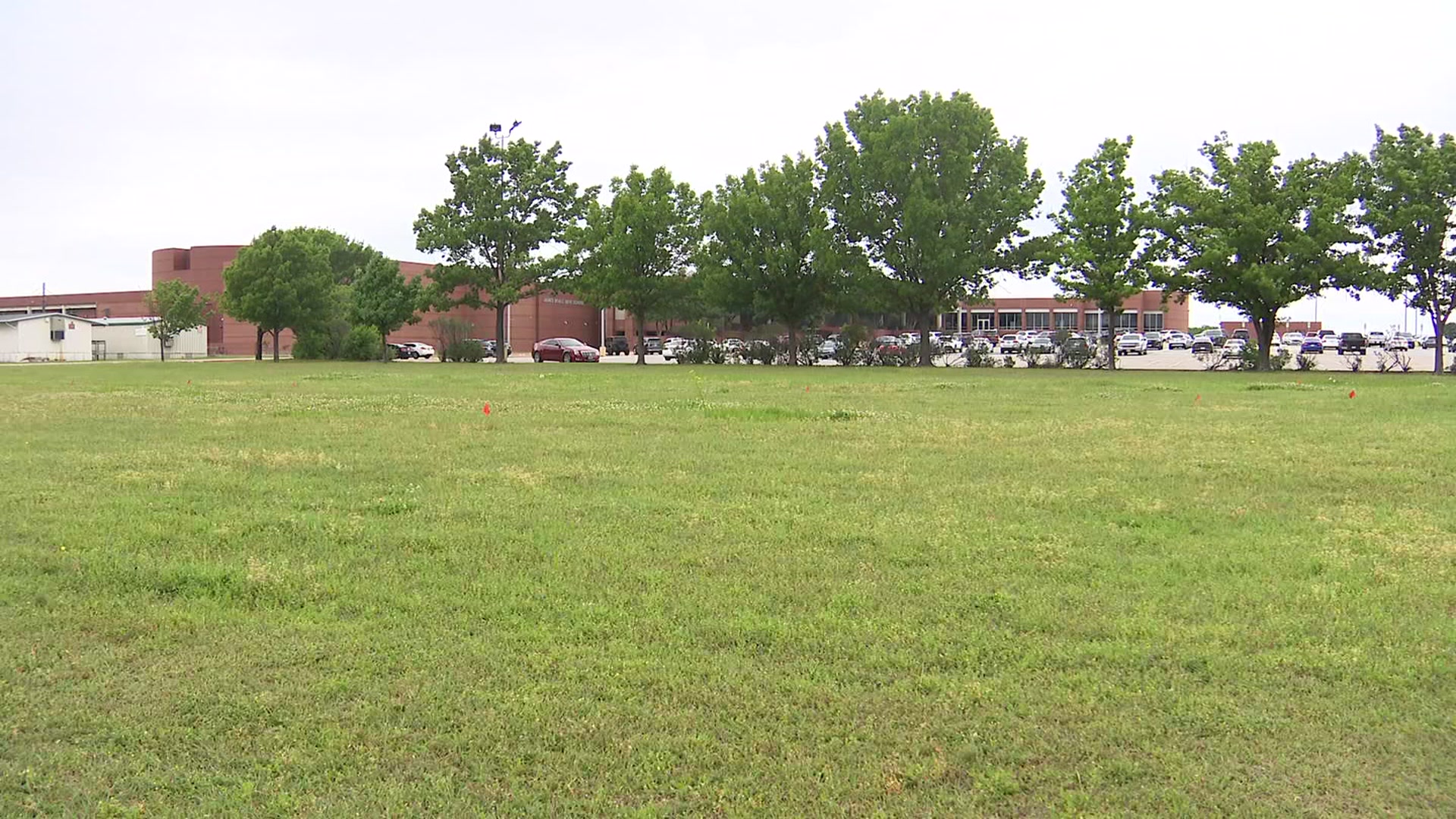A federal judge has ruled Apple must hack into an iPhone to help crack a terrorism investigation, but the tech giant is pushing back.
The CEO of Apple says he will fight an order by a federal judge to unlock the iPhone of a San Bernardino mass shooter.
Authorities are still trying to fill in 18 missing minutes of Syed Farook's actions after the shooting.
The FBI director told the Senate a few days ago that getting into Farook's phone is key.
His phone was running the newest version Apple's iPhone operating system. The phone is locked and encrypted. If an FBI forensic team tries and fails too many to access the phone, the data will be erased.
That's why the federal judge ordered Apple to write code that will enable investigators to get into the phone.
Apple CEO Tim Cook says opening phones would make us all vulnerable.
Local
The latest news from around North Texas.
"The FBI may use different words to describe this tool, but make no mistake: building a version of iOS that bypasses security in this way would undeniably create a back door. And while the government may argue that its use would be limited to this case, there is no way to guarantee such control," Cook wrote in an online letter to customers.
Henry Curry is a Dallas County Deputy Constable. He’s torn over the federal judge's ruling.
"What people are keeping on these phones that can help solve crimes is really just personal information about who they’re talking to, chatting, communicating with associates. So if they had access to a phone it could be used to solve a whole lot of crimes," Curry said, outside the Apple store in Dallas' Knox/Henderson neighborhood.
"But I understand there are privacy issues. So you’re right there on that fence," he added.
Criminal defense attorney Nicole Knox says it’s vital to keep the "fence" intact. She says a federal order to have Apple re-write an operating system is over the line.
"It pretty much could destroy privacy rights for American citizens," she said. "Pandora's box is a great way to phrase it. It’s a slippery slope."
She added that people's "whole lives" are stored on their smartphones these days, "not only text messages and phone calls, but our health records, our bank information, our financials, our shopping history."
"If we don’t have privacy rights, then we’re not putting a check and balance on law enforcement, which is exactly what this country was founded on," she said, adding that that law enforcement has many other investigative tools in its arsenal, including subpoenaing phone records, text message records, e-mails, and "pings" from cell phone towers.
She said cell phone privacy and encryption-rights is an issue not effectively covered in current case law, and it should be decided by the Supreme Court.
Former federal prosecutor turned defense attorney John Helms says this is much to-do about nothing.
“It’s very common for a judge to get a search warrant that allows people to go into your house, allows people to open up safes that are inside your house. A cell phone is a device that stores evidence and may have substantial value for a terrorism investigation, in this case,” he said.
Helms also said it’s “pretty minimal” risk that Apple wouldn’t be able to create a de-cryption technology for the one phone under investigation, that wouldn’t also jeopardize millions of other customers.
“When you compare the potential value of the information in that cell phone, to the minute, theoretical risk that some software—that might not even be usable on other cell phones—could get out, I think the value of the information far outweighs it,” he added.
Outside the Apple store, many customers admit it’s a tricky question of the right to investigate versus the risk to privacy, and they’re unsure what side of the fence they lean on.
“It’s a difficult situation. You don’t want to have your privacy invaded, but at the same time, you want to stop bad people from doing bad things, if you can create the technology to do it,” said Matt Harris. “I don’t know which to go.”
He said if Apple is ultimately forced to help the FBI—even if they have to create “backdoor” keys to law enforcement—he wouldn’t stop being an Apple customer.
“What are you going to do? Talk on walkie-talkies? Or use the phones that companies provide us? We’re so dependent on them now,” he said. “I couldn’t even find my way here without looking at direction on my phone.”



